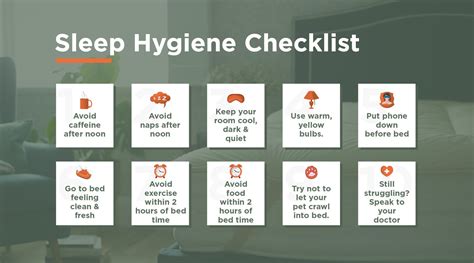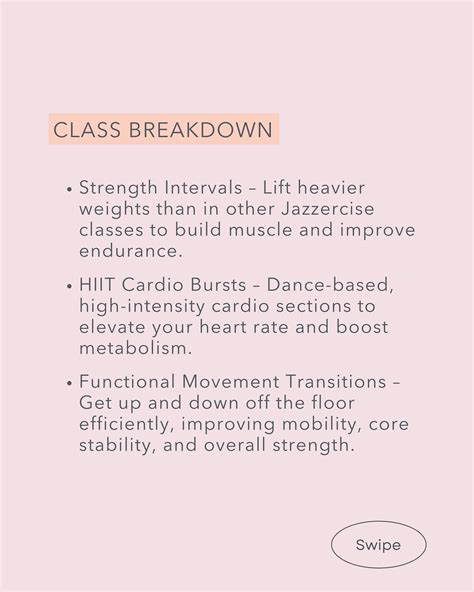In our fast-paced world, many of us reach for caffeine to kickstart our day or overcome the afternoon slump. While coffee and energy drinks offer a quick jolt, they can also lead to jitters, anxiety, and a disruptive energy crash. Fortunately, your body possesses incredible natural mechanisms to generate sustainable energy. By understanding and implementing a few simple ‘body hacks,’ you can unlock a wellspring of vitality without a single drop of caffeine.
Optimize Your Sleep Quality
It’s no secret that sleep is crucial for energy, but it’s not just about quantity; quality matters. Prioritizing consistent sleep hygiene can dramatically improve your daytime energy levels. Aim for 7-9 hours of restorative sleep per night. Establish a regular sleep schedule, even on weekends, and create a relaxing bedtime routine. This might include dimming lights, avoiding screens an hour before bed, taking a warm bath, or reading a physical book.

Ensure your bedroom is a dark, quiet, and cool sanctuary. Blackout curtains, earplugs, or a white noise machine can be highly effective. Avoiding heavy meals, caffeine, and alcohol close to bedtime also contributes to deeper, more refreshing sleep, allowing your body to properly repair and recharge.
Hydration: The Foundation of Energy
Feeling sluggish? Dehydration is a common culprit often overlooked. Even mild dehydration can significantly impact your energy levels, mood, and cognitive function. Water plays a vital role in nearly every bodily process, including nutrient transport and waste removal, both of which are essential for energy production.
Make it a habit to drink water throughout the day. Start your morning with a large glass of water, and keep a reusable bottle handy to sip on. If plain water feels boring, try infusing it with slices of lemon, cucumber, or berries for a refreshing twist. Remember, by the time you feel thirsty, you’re likely already slightly dehydrated.
Fuel Your Body with Nutrient-Rich Foods
What you eat directly impacts your energy. Instead of relying on sugary snacks that provide a fleeting boost followed by a crash, opt for whole, unprocessed foods that offer sustained energy. Focus on a balanced diet rich in complex carbohydrates, lean proteins, and healthy fats.

Include plenty of fruits, vegetables, whole grains (like oats and brown rice), legumes, nuts, seeds, and lean meats or plant-based proteins. These foods provide a steady supply of glucose and essential micronutrients that support mitochondrial function, the powerhouses of your cells. Regular, smaller meals throughout the day can also help keep blood sugar stable and prevent energy dips.
Move Your Body to Boost Your Mind
It might seem counterintuitive to expend energy to gain energy, but regular physical activity is one of the most powerful natural energizers. Exercise increases blood flow, delivering oxygen and nutrients to your cells, and stimulates the release of endorphins, which have mood-boosting and energizing effects.
You don’t need to embark on an intense workout regimen to feel the benefits. Even a brisk 20-30 minute walk can make a significant difference. Incorporate movement breaks into your day if you have a sedentary job – stand up, stretch, or walk around for a few minutes every hour. Consistency is key; make physical activity a regular part of your routine.

Harness the Power of Sunlight and Nature
Exposure to natural light, especially in the morning, helps regulate your circadian rhythm and boosts your mood. Sunlight exposure stimulates the production of vitamin D, which plays a role in energy levels and overall well-being. Try to get at least 10-15 minutes of direct sunlight exposure early in the day.

Spending time in nature, often called ‘forest bathing’ or simply being outdoors, has also been shown to reduce stress, improve mood, and increase vitality. The fresh air and natural environment can be incredibly rejuvenating, providing a mental and physical boost.
Practice Mindfulness and Stress Reduction
Chronic stress is an energy drain. It taxes your adrenal glands and can lead to persistent fatigue. Incorporating mindfulness and stress-reduction techniques into your daily life can help conserve and restore your energy reserves. Simple practices like deep breathing exercises, meditation, or yoga can calm your nervous system and bring a sense of clarity and renewed focus.

Even a few minutes of quiet reflection or focused breathing can make a difference. By managing stress more effectively, you free up valuable energy that would otherwise be consumed by worry and anxiety.
Conclusion
Breaking free from caffeine dependency is an empowering journey that reaps long-term benefits for your health and well-being. By optimizing your sleep, staying hydrated, nourishing your body with whole foods, engaging in regular movement, embracing natural light, and practicing stress reduction, you can tap into your body’s innate ability to generate sustainable, vibrant energy. These natural ‘body hacks’ aren’t just about cutting out caffeine; they’re about cultivating a lifestyle that supports holistic vitality and enduring energy.




